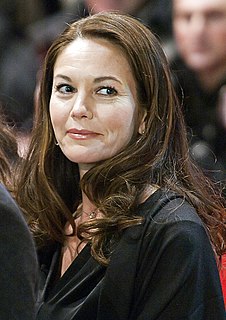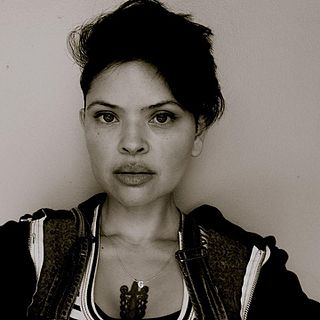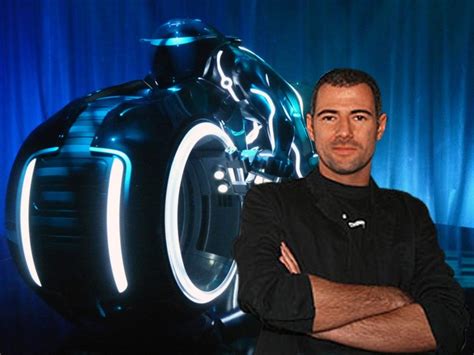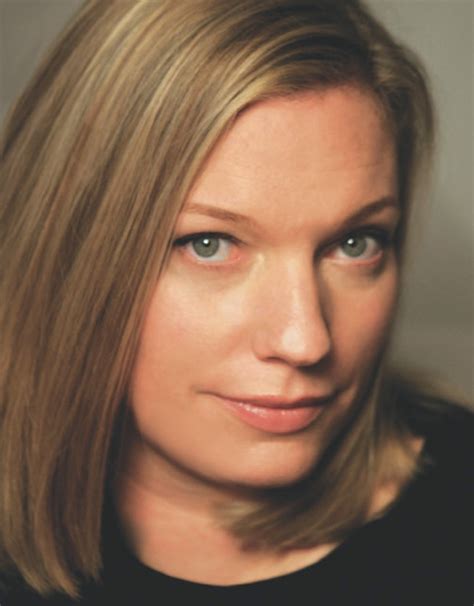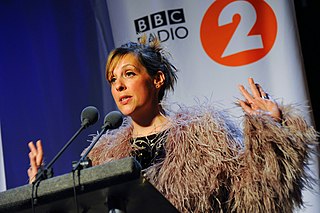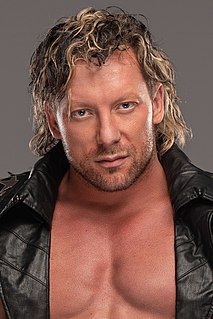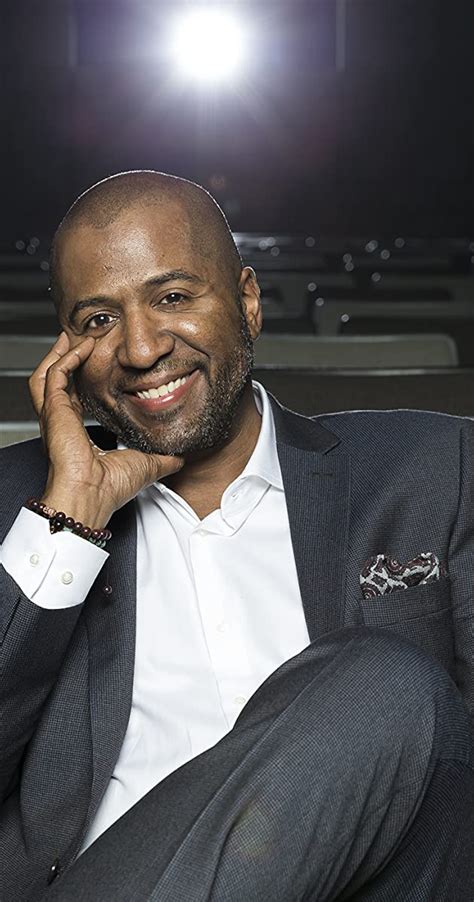A Quote by Linda Ronstadt
I get on the airplane and there's a screen in front of everything. You get into a taxicab in New York, there's a screen blinking at you. I think it's going to have a tremendous effect on our brains, because those bright, saturated colors and those strong lines, they do things to your brain.
Related Quotes
You have to get rid of borders, limits, and classifications; then light comes. We see everything on the screen of our ideas. We must get rid of that screen to be able to see what is behind. X's ideas are limited, that is why he remains on the surface. Y got rid of the limits, so she always goes to the depths. We should always meet people and new subjects with no set frame of mind. We have to live like that even after long acquaintance. We must get rid of every set idea to approach everything and everyone with love.
My point is that the great challenge of an artist is to balance those two things: to be strong enough to have your own personal vision that you will put on the page or the canvas or the screen, no matter what people say, but it requires a radical sensitivity. You have to be completely open to what the world is telling you, to what your audience tells you. And balancing those two things is nearly impossible.
I think a lot of the time, the studio system is so compelled to kowtow to its fear that women are not going to be found sympathetic. It just sort of euthanizes any hope of more diverse examples of the emotional realities of people. Representing my gender, I think, "Well, I have those emotions, why don't those ever get brought to the screen so I can feel recognized?"
I see things in hardcopy that I miss if I only see words on screen. I do get sick of the words, but I like to see everything spread out because I get a sense of scale that is missing from screen. Going over each sentence many, many, many times gives me incredible intimacy with sentences, especially their rhythm. The rhythm and music of words matter a lot to me and it only takes one misplaced word to spoil the music.
It was one of those perfect New York October afternoons, when the explosion of oranges and yellows against the bright blue sky makes you feel like your life is passing through your fingers, that you've felt this autumn-feeling before and you'll probably get to feel it again, but one day you won't anymore, because you'll be dead.
I think our brains does have a tendency to be true to its own ideas and statements. Everything we do and everything we think about is a belief. Until we get to the point where we look beyond our own ego-self, and to some degree beyond our own mind, we are always going to make assumptions and have beliefs to make our brains feel more comfortable. And if we can get to a point where we embrace that uncertainty and doubt, and be willing to learn from that and to explore that, I think that that could be a very positive experience.
I had a strong vision for 'The Best Man Holiday,' so I was able to translate that to the actors and ultimately to the screen. Things can't get too heavy or too outrageously funny; it has to strike a balance. Tone is everything. If you've set the right tone, you can get away with a lot of stuff. You can get away with making people cry.







